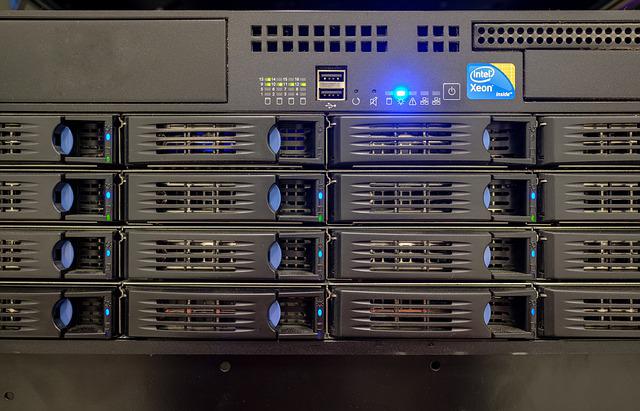
We are now in the exams season with students all over the world sat in exam halls with pen (and pencil) and paper, completing their GCSE and A-Level exams. 5 years ago, it was the same, 10 years ago, 20 years ago, in fact I suspect we could go back over 100 years at we would see a similar scene of rows of students sat taking paper-based examinations. Isnt it about time we looked at a more modern solution to the need for terminal exams?
Computer Based Testing – Challenges
One of the big challenges in any computer-based examination solution would be the requirement for schools and colleges to have large numbers of computers available for students to use in taking their exams. If we are simply substituting the paper test for an electronic test, where all students across the country are expected to sit the same exam at the same time, I feel this problem will be difficult for schools and colleges to resolve especially with core subjects like Maths and English.
We could as an alternative look to allow the taking of tests using students own devices however equally this is problematic as students will not have equal access to equipment and in some cases might not have access to a suitable device, plus there would be concerns in relation to cheating where students are using their own equipment. We saw some of these issues, particularly in relation to access to technology during the pandemic.
Remote Invigilation or proctoring
There is also a question as to whether we even need to get students into a common location. Following the pandemic where a lot of teaching went to using online tools and video is it possible to use the same technologies to allow students to take their exams remotely in their own time. I myself experienced this only a few years ago when doing a Cybersecurity exam which involved remote proctoring and someone monitoring my exam efforts via my web camera. This might be another option that could be considered however the potential safeguarding implications would need to be considered.
Adaptive Testing
The use of adaptive testing might be another solution here as in this situation the students do not necessarily do the same questions. The questions are selected from a pool with the adaptive testing solution then selecting subsequent questions based on how the students do in each question. Using adaptive testing we wouldn’t be as worried about all students sitting the same test at the same time, given the students wouldn’t be receiving the same questions. As such schools could use their available IT resources over a period of time to allow students to access the relevant tests. The challenge, I suspect, with adaptive testing will be convincing parents and students that it is fair. Fairness is easy to point to where all students do the same test at the same time but not so easy where they are doing different questions at different times.
And do we need knowledge based final assessment
We also need to question whether there is still the need for the final assessment of students. For some students it is an opportunity to show all they have learned, but for others it is a massive stress and a negative impact on their wellbeing. I have long been a supporter of vocational qualifications based on ongoing assessment throughout the course rather than the heavily weighted final exams of so called “academic” qualifications.
Additionally in a world where we routinely use technology tools such as google to search for answers and solutions, should we actually be considering how such technology might have a place in future exams, rather than banning such devices from exam halls.
Conclusion
I don’t have an answer for this challenge; Any change is likely to be difficult especially after over 100 years of terminal exams. It is however noteworthy that a number of examination bodies are actively looking and trialling alternative digital exams solutions.
Here is another example of where the pandemic has fuelled an exploration of future solutions. I suspect however it will be some years, maybe 10 or more, before any real change happens, although I hope it happens sooner.




